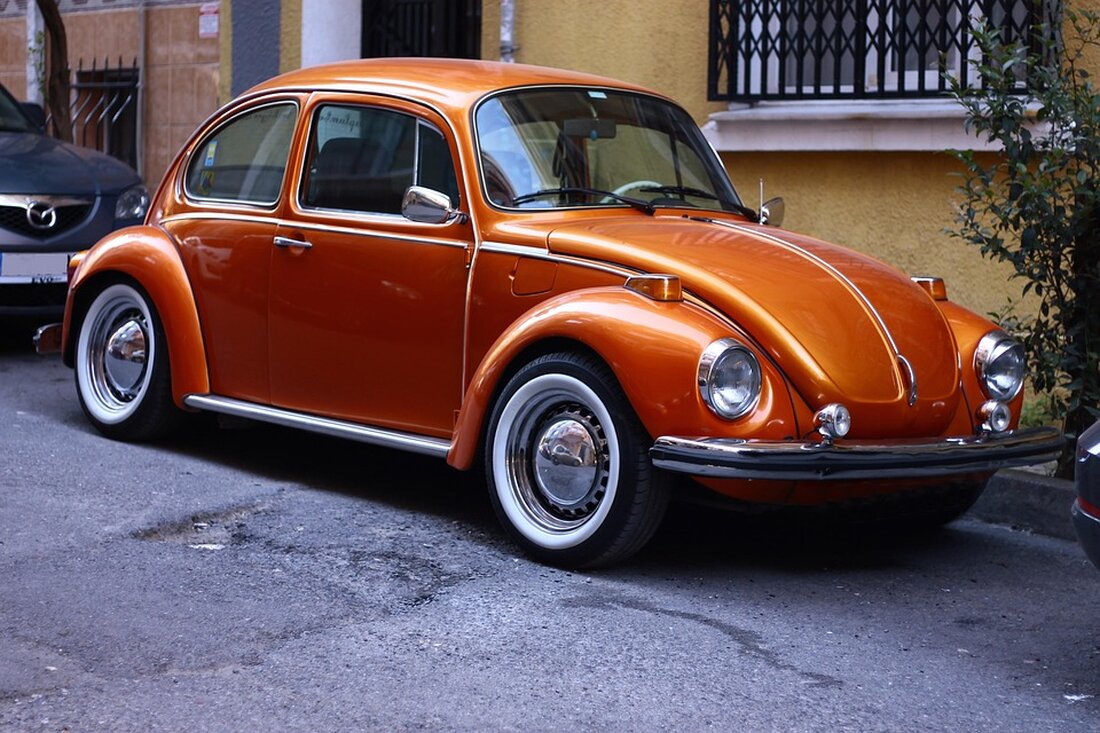Winter camps in Germany: gas or diesel? The heating debate is ignited!
Find out how campers in Germany deal with winter heating problems and which heating options are best for motorhomes.

Winter camps in Germany: gas or diesel? The heating debate is ignited!
A camping beginner in Germany is faced with the challenge of having to deal with an empty gas bottle in the motorhome in winter. In an online community he asks whether heating in a motorhome really has to be so expensive. The answers vary: While some users confirm that heating can be expensive, others give valuable tips and suggest alternative solutions.Moin reports that the discussion particularly revolves around the advantages and disadvantages of gas heaters compared to diesel heaters.
Many campers prefer gas heaters because they are quick to operate and offer high heating speeds in larger rooms. The uncomplicated changeover and the fact that no power supply is required are additional plus points. However, you will need a gas bottle for this and you should be aware that the outside of the heater can get very hot. Safety precautions such as a flame detector and oxygen deficiency protection are essential, as Obelink points out.
Discussion about heating systems
The debate about the right heating technology shows that diesel heaters can be superior in many aspects. Long-term travelers in particular see an advantage here: they avoid constantly lugging around heavy gas bottles. Diesel heaters not only score points for their reliability, but also for their effectiveness in extreme temperatures and high mountain tours. One user explains that an 11 kilo gas bottle is often only enough for three days in cold weather, which is impractical for many campers.
Diesel heaters also offer greater self-sufficiency, although they also have disadvantages. These include higher power consumption as well as potential noise and odor nuisance during operation. Despite these aspects, the technology is considered practical, especially when it is frosty outside.
Camping heater options
In addition to gas and diesel heaters, campers also have electric and petroleum heaters as options. Electric heaters can be compact and ready to use straight away, but are often not suitable for larger rooms and also require a power supply. The heating output usually reaches up to 1500 W, which is not suitable for all campsite connections.
Kerosene heaters, in turn, offer a large heating capacity and are available in two versions - the wick heater, which works without electricity, and the laser heater, which requires power for control. However, good ventilation is essential here to ensure safety and avoid the typical smell of petroleum, explains Obelink.
In the discussion within the community, the campers offer beginners valuable tips for their future tours and make them aware that they can experiment with different heating systems to find the ideal solution for their needs in winter.

 Suche
Suche
 Mein Konto
Mein Konto